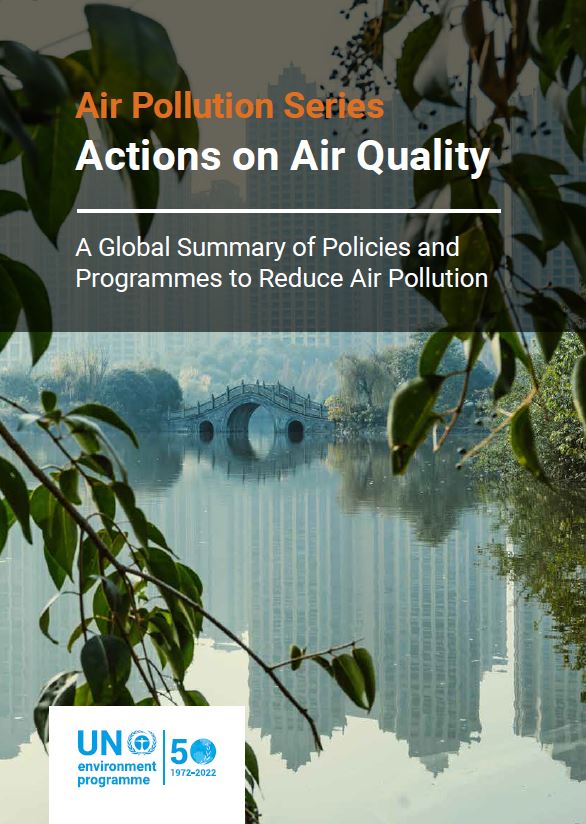We all breath the same air, and we have a role to play in protecting it . Every step we take to improve air quality is one more step towards addressing he triple planetary crisis of climate change, of biodiversity loss and of pollution, so lets work together to create a clean air for generations to come.
Inger Andersen, Executive Director of the United Nations Environment Programme
The global air quality challenge covers a broad variety of scales in spatial and temporal terms as well as in the context of actors involved. Globally, 7 million people die each year because of air pollution; 650,000 of these are children. Air pollutants not only affect our health, they also affect ecosystems and food production; air pollution is also linked to climate change.Cognizant of this there is need to encourage global, regional and national actions on air pollution
Scientific understanding is an essential ingredient for the design of successful policy interventions, but knowledge and data that is relevant for effective policies is often inadequate or absent in many areas of the world where this is most needed. Air quality forecasting and information systems with observational and modelling components are key elements for adaptive and mitigation measures to reduce the negative impacts of air pollution.
Data management System (DMS) will be developed and hosted by UNEP to strengthen data sharing and usage. This will also involve strengthening of partnerships of all players involved in all spheres of air quality, from instrumentation, data collection, data management and interface of data and policy.
Key resources to understand, map, and take actions to address the air quality crisis
The Global Environment Monitoring System for Air (GEMS Air) of the UN Environment Programme, supports countries to provide quality assured data to keep the state of the world’s air quality under continuous review, develops capacity of member states, provides information and services across the science-policy-public interface and fosters transformation by leveraging the collective knowledge of a global network of partners.
To open in a new tab, click here
- SDG 3 & 9 Data Portal
- WESR African Cities
- GEMS/Air Strategy











